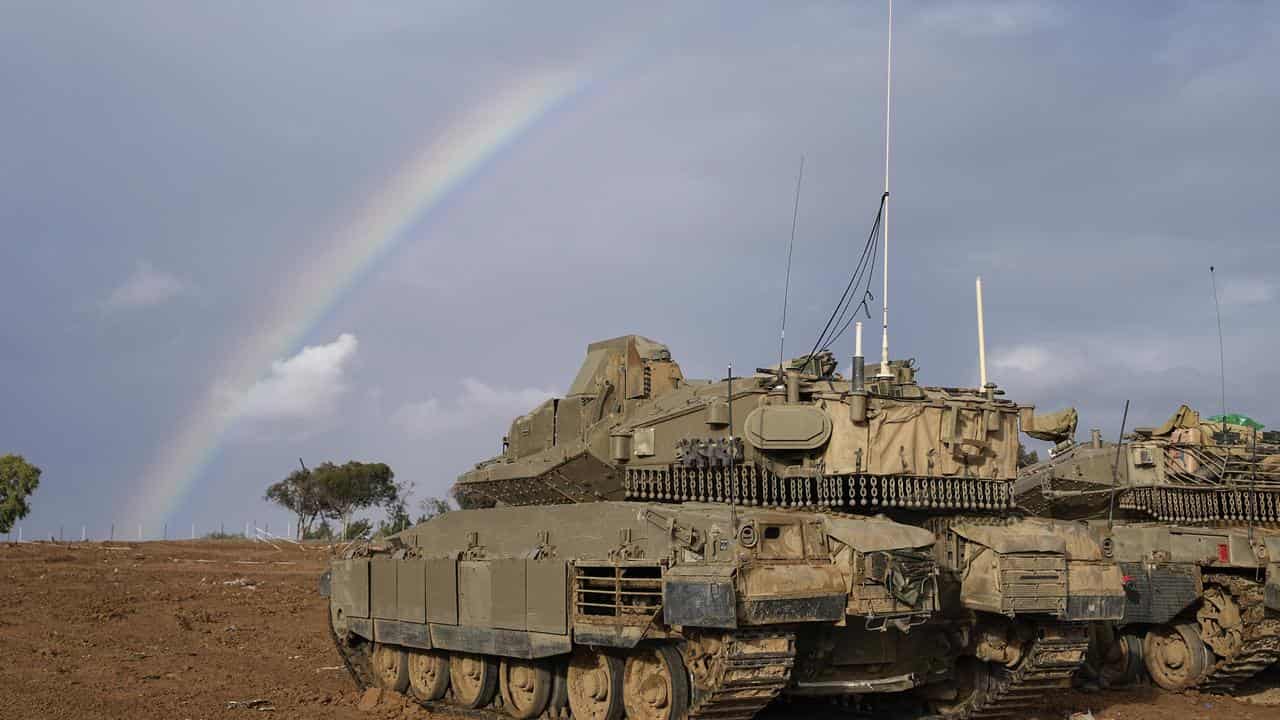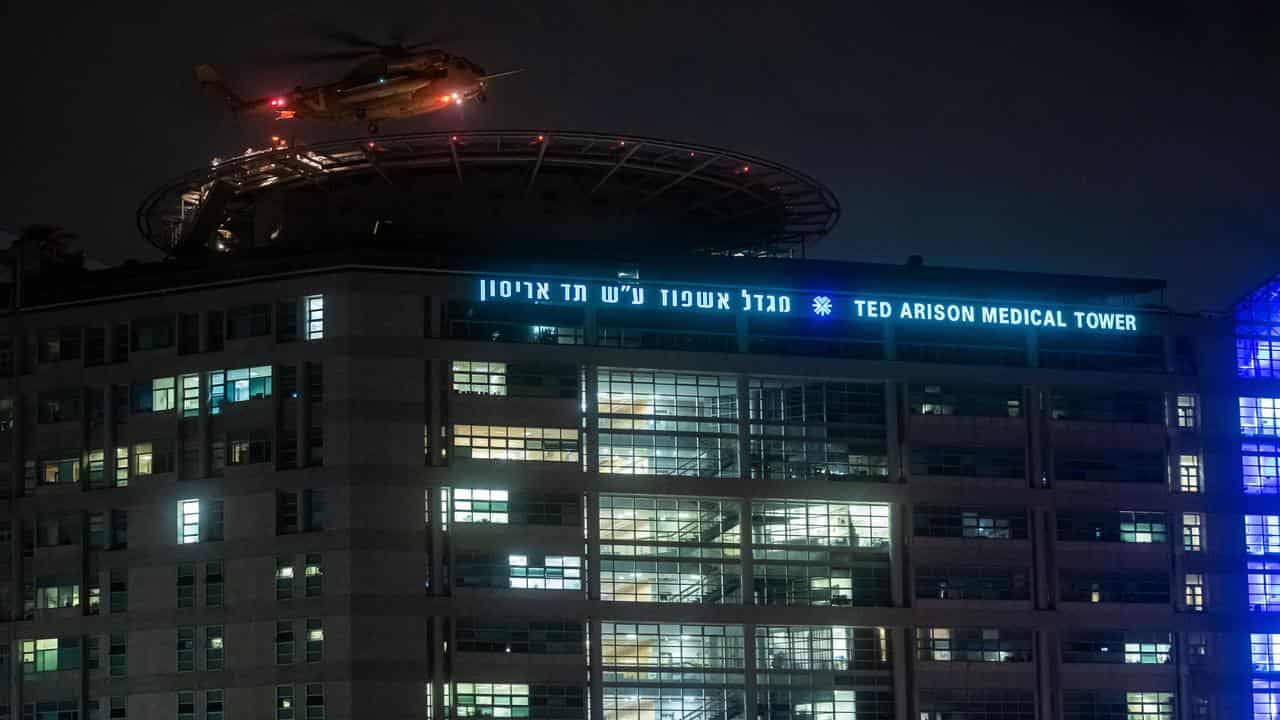
A truce between Israel and Hamas has held for a fifth day with the militant group promising to release more civilian hostages and Israel under growing pressure to spare Palestinian civilians when the fighting resumes.
The sides agreed to extend their truce through to Wednesday, with another two planned exchanges of militant-held hostages for Palestinians imprisoned by Israel.
But Israel has repeatedly vowed to resume the war with “full force” to destroy Hamas once it's clear that no more hostages will be freed under the current agreement's terms.
That would suggest it will expand the ground offensive from northern Gaza — where entire residential areas have been pounded into rubble — to the south, where hundreds of thousands of displaced people have packed into overflowing United Nations shelters.
US Secretary of State Antony Blinken is set to visit the region later this week for the third time since the start of the war, and is expected to press for an extension of the truce and the release of more hostages.
The State Department said he would also discuss efforts to “protect civilian life during Israel’s operations in Gaza” and accelerate the delivery of aid to the impoverished coastal strip.
UN Secretary-General Antonio Guterres reiterated his call for a long-term ceasefire and the release of all hostages in a statement on Monday, reflecting broad international support for a cessation of hostilities.
Hamas and other militants are still holding about 160 people, out of the 240 seized in their October 7 assault into southern Israel that ignited the war. That's enough to potentially extend the truce for another two weeks under the existing framework brokered by Qatar, Egypt and the US.

Hamas freed another 11 women and children on Monday in the fourth and final swap planned under the initial ceasefire agreement. Israel released 33 Palestinian prisoners.
Monday’s releases bring to 51 the number of Israelis freed under the truce, along with 19 hostages of other nationalities. So far, 150 Palestinians have been released from Israeli prisons. Israel has said it would extend the ceasefire by one day for every 10 additional hostages released.
The Palestinian prisoners released so far have been mostly teenagers accused of throwing stones and firebombs during confrontations with Israeli forces. The prisoners are widely seen by Palestinians as heroes resisting occupation.
Most of the freed hostages appeared to be physically well, but an 84-year-old woman released Sunday was hospitalised in critical condition because she had not had access to her medication in captivity.
In one of the first interviews with a freed hostage, 78-year-old Ruti Munder told Israel’s Channel 13 television that she was initially fed well in captivity but that conditions worsened as shortages took hold. She said she was kept in a “suffocating” room and slept on plastic chairs with a sheet for nearly 50 days.
Israel imposed a total blockade of Gaza at the start of the war and had only allowed a trickle of humanitarian aid to enter prior to the ceasefire, leading to widespread shortages of food, water, medicine and fuel to power generators amid a territory-wide power blackout.
A UN-led aid consortium estimates that over 234,000 homes have been damaged across Gaza and 46,000 have been completely destroyed, amounting to around 60 per cent of the housing stock in the territory, which is home to some 2.3 million Palestinians. In the north, the destruction of homes and civilian infrastructure “severely compromises the ability to meet basic requirements to sustain life," it said.
Estimates of Palestinians casualties since the war began have passed 15,000, roughly two-thirds of them women and minors. More than 1,200 people have been killed on the Israeli side, mostly civilians killed in the initial attack.




